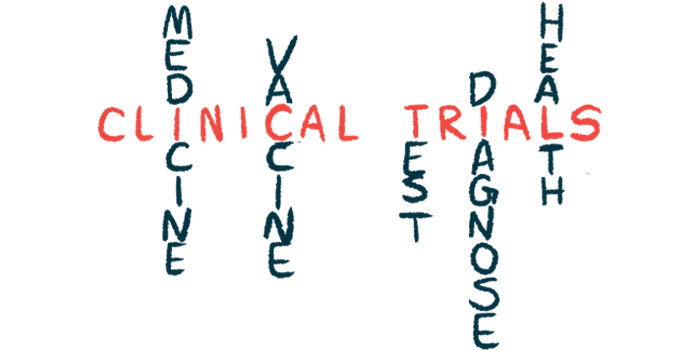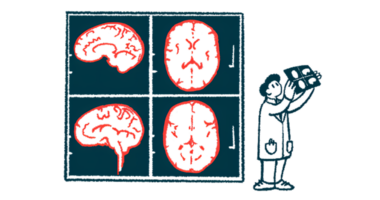1st RRMS Patient Dosed in Phase 1/2 Trial of Immunotherapy IMCY-0141

A Phase 1/2 clinical trial evaluating Imcyse’s experimental therapy IMCY-0141 in people with relapsing-remitting multiple sclerosis (RRMS) has dosed its first patient.
The trial, called IMCY-MS-001, is expected to enroll nearly 150 adults with RRMS; sites were not disclosed in a release by the Belgium-based company. Interim results may be available in late 2023.
“The dosing of the first patient in this study is an important milestone for Imcyse … we are excited to progress our pipeline of next generation targeted immunotherapies for the treatment of RRMS,” Denis Bedoret, PhD, Imcyse’s CEO, said in a press release.
“We believe IMCY-0141 has the potential to substantially slow down or even halt the progression of multiple sclerosis and, if treatment is begun early enough, to allow patients to live with minimal impact from the disease,” Bedoret added.
Current MS therapies “are still associated with significant adverse events and compliance challenges. The unmet need for effective and convenient therapies with fewer side effects remains high,” said Patrick Vermersch, MD, PhD, chairman of IMCY-MS-001’s steering committee.
“Imcyse’s technology has the potential to shift the treatment paradigm for this autoimmune disease, intervening earlier in the disease process with a potentially immense impact to patients,” added Vermersch, who is also the vice-president for research in biology and health at the University of Lille, in France.
“We look forward to seeing the results of IMCY-0141 from this first-in-human study,” he said.
The potential therapy was developed with Imcyse’s proprietary Imotope technology platform. Imotopes are lab-made peptides (short chains of amino acids, the building blocks of proteins) that use a patient’s own immune system to kill the cells involved in the abnormal immune responses that drive autoimmune diseases such as multiple sclerosis (MS).
Most current therapies for autoimmune diseases, in contrast, promote a general suppression of the immune system, increasing the risk of infections and adverse events.
IMCY-0141 is an Imotope with a structure based on myelin oligodendrocyte glycoprotein (MOG), a key protein in myelin — the protective sheath around nerve fibers that is wrongly attacked by the immune system in MS, resulting in its progressive loss.
The therapy promotes the maturation of MOG-specific cytolytic T-cells, a type of immune cell that can actively kill other cells involved in the immune attacks against that specific protein, while leaving the rest of the immune system intact.
Previous data showed that IMCY-0141 was effective in models of experimental autoimmune encephalomyelitis, the most widely used MS mouse model. The therapy candidate also promoted immunological memory, meaning that some immune cells continue to patrol the body for cells promoting anti-MOG attacks, subsequently killing them. This raises the possibility of therapy effects being longer lasting, requiring less frequent dosing regimens.
The two-part, IMCY-MS-001 Phase 1/2 trial is testing IMCY-0141 in RRMS patients.
Its Phase 1 open-label and dose-escalation part will evaluate the safety of three doses in up to 12 patients. Its Phase 2 expansion portion will assess the therapy’s efficacy against a placebo in more than 100 patients, and allow dose optimization in preparation for future studies.
Efficacy measures will include immune responses and disease activity.
Imcyse’s most advanced treatment candidate, IMCY-0098, is being developed for type 1 diabetes and is currently being tested in a Phase 2 trial (NCT04524949). Early-stage programs include Imotopes for neuromyelitis optica spectrum disorder, rheumatoid arthritis, and celiac disease.







